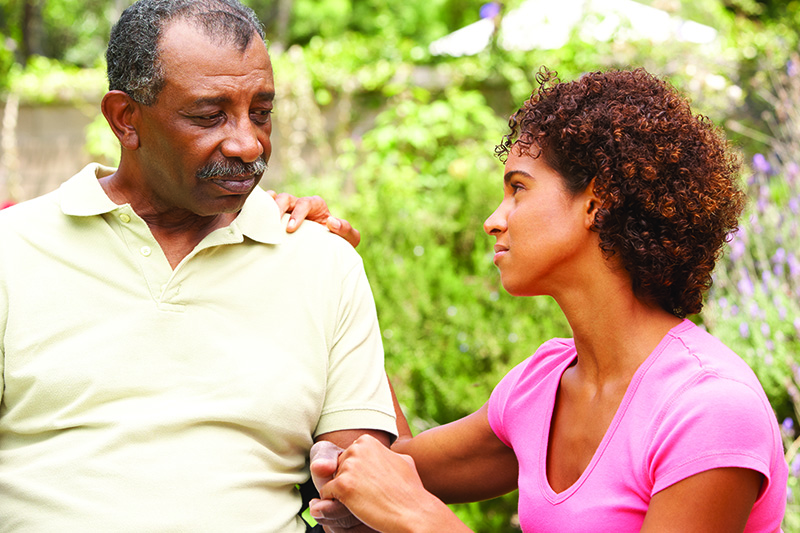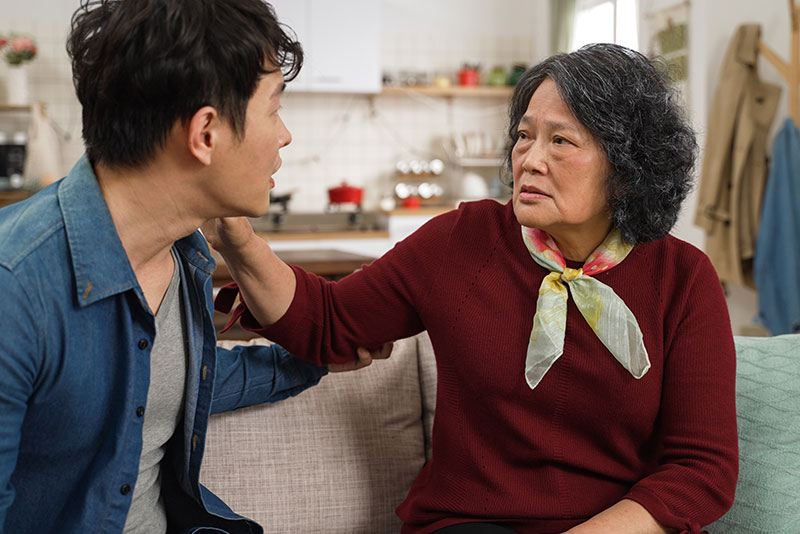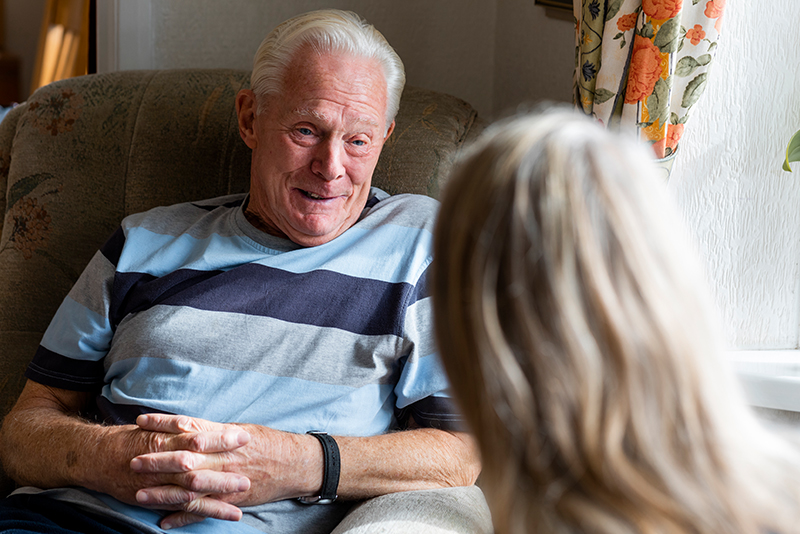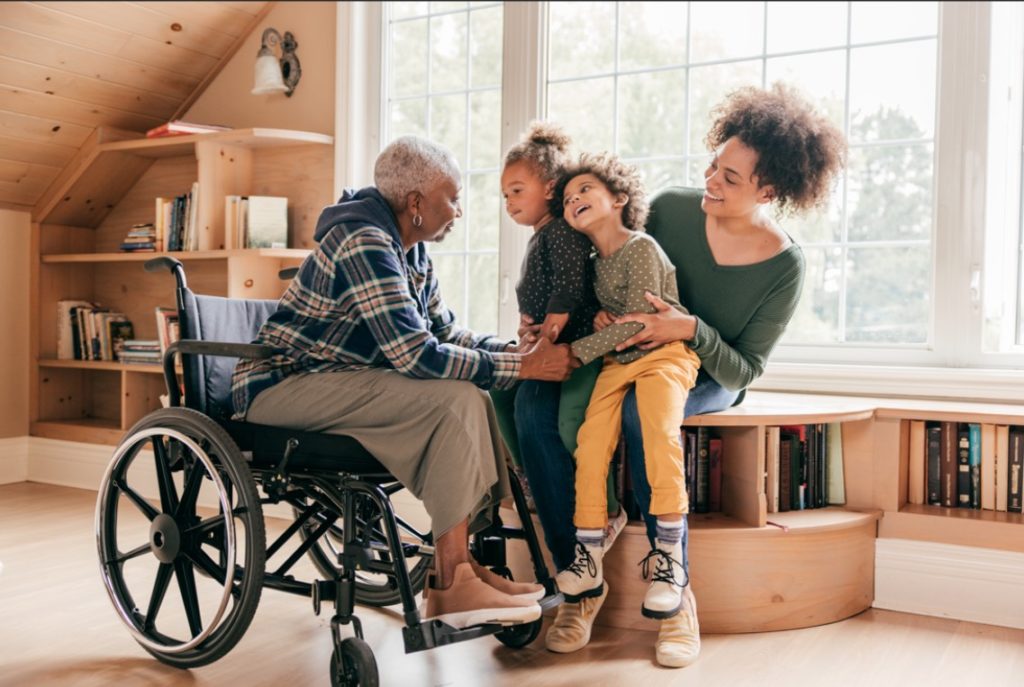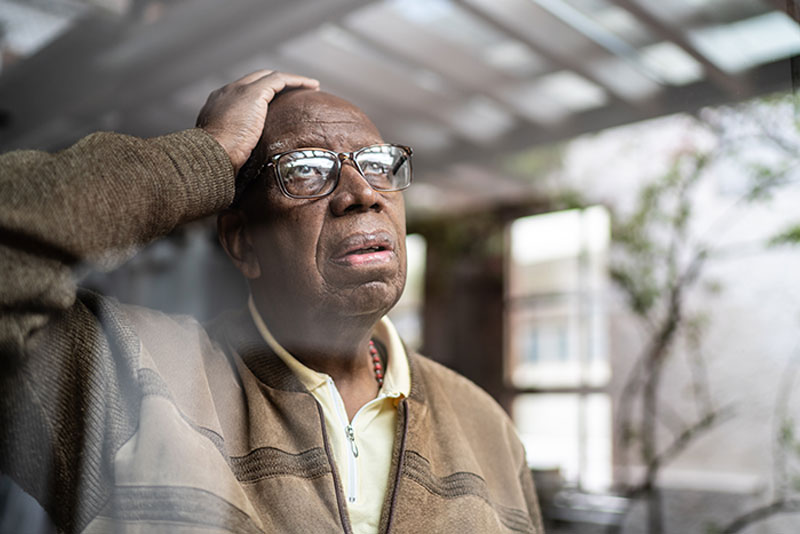A Guide to Understanding Eating Disorders in Seniors
Changes in eating habits and weight are common as we grow older. Medication side effects, dental problems, less physical activity due to mobility issues, and other factors need to be explored and either addressed or ruled out. But there’s another possible culprit that may surprise you: eating disorders in seniors.
A Guide to Understanding Eating Disorders in Seniors Read More »




